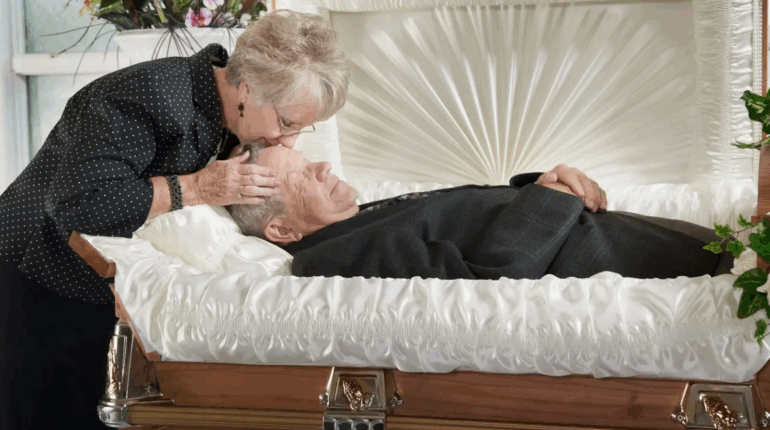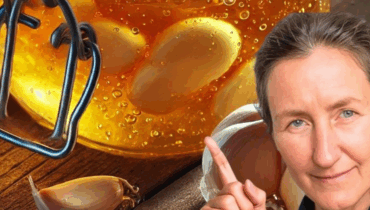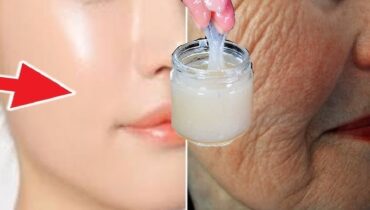📌 Why Experts Warn Against Kissing the Deceased Person

Posted 27 August 2025 by: Admin
Across cultures, the act of saying goodbye to a loved one is filled with meaning. From elaborate rituals to quiet moments of intimacy, each gesture carries deep emotional weight. Among these, kissing the deceased is one of the most personal — yet when placed on the lips, it carries hidden health risks that mourners should understand.
The mouth is naturally one of the body’s most biologically active areas. Even after death, bacteria and, in some cases, viruses may remain viable in the oral cavity. Without the immune system functioning, pathogens such as tuberculosis, hepatitis B or C, herpes simplex, or even COVID-19 can persist briefly in the moist tissues of the mouth.
Kissing the lips, therefore, increases the chance of exposure, especially if the mourner has open cuts, sores, or weakened immunity.
What Happens After Death
Several natural processes make lip-to-lip contact riskier: – Muscle relaxation can cause small leaks of saliva or fluids. – The immune system ceases, allowing pathogens to survive temporarily. – Decomposition begins quickly in warm conditions, with bacteria multiplying in the oral cavity. – Embalming chemicals like formaldehyde, used for preservation, may cause irritation or mild burns on sensitive tissues if touched.
Why the Forehead or Hands Are Safer
Compared to the mouth, areas like the forehead or hands are typically drier, less biologically active, and further from the respiratory and gastrointestinal tracts where pathogens thrive. Kissing the forehead, holding the hands, or brushing the hair is both symbolic and significantly lower in risk.
Cultural Traditions of Farewell
Many cultures have found ways to honor the dead without direct facial contact: – In Japan, mourners bow or pray near the body. – In parts of Europe, a kiss on the forehead or hands symbolizes peace. – In West Africa, drumming, song, and storytelling replace physical gestures. – In Latin America, flowers or personal items are placed with the deceased as a sign of love.
These rituals reflect deep respect while minimizing exposure to biological or chemical risks.
Safer Alternatives for Saying Goodbye
– Kiss the forehead or cheek. – Hold the hand gently. – Place a flower or keepsake near the body. – Speak softly or share final words. – Sit quietly in their presence to honor their memory.
Balancing Grief and Safety
Grieving often awakens a desire for closeness, even in death. While this is natural, health professionals recommend safer gestures to prevent unnecessary exposure. Funeral directors can guide mourners on what is safe depending on the circumstances, especially if the deceased had a contagious illness.
Final Thoughts
Kissing a loved one on the lips after death may feel like an intimate act of farewell, but it comes with medical and chemical risks. Safer gestures — a kiss on the forehead, a hand held, a whispered goodbye — can provide the same emotional closure without jeopardizing health.
Ultimately, farewells are about love, remembrance, and dignity. Choosing safe, symbolic acts allows us to honor the departed while protecting the living.



















